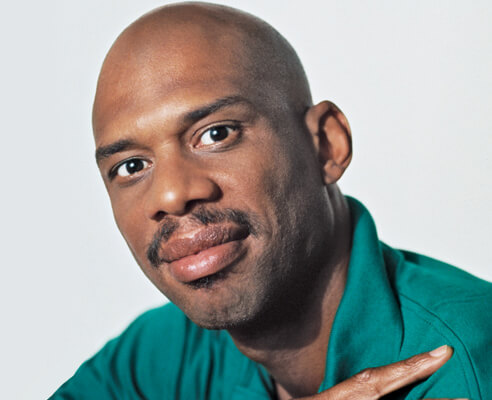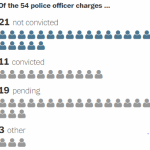
Source: TIME
By focusing on just the racial aspect, the discussion becomes about whether Michael Brown’s death—or that of the other three unarmed black men who were killed by police in the U.S. within that month—is about discrimination or about police justification. Then we’ll argue about whether there isn’t just as much black-against-white racism in the U.S. as there is white-against-black. (Yes, there is. But, in general, white-against-black economically impacts the future of the black community. Black-against-white has almost no measurable social impact.)
Then we’ll start debating whether or not the police in America are themselves an endangered minority who are also discriminated against based on their color—blue. (Yes, they are. There are many factors to consider before condemning police, including political pressures, inadequate training, and arcane policies.) Then we’ll question whether blacks are more often shot because they more often commit crimes. (In fact, studies show that blacks are targeted more often in some cities, like New York City. It’s difficult to get a bigger national picture because studies are woefully inadequate. The Department of Justice study shows that in the U.S. between 2003 and 2009, among arrest-related deaths there’s very little difference among blacks, whites, or Latinos. However, the study doesn’t tell us how many were unarmed.)
This fist-shaking of everyone’s racial agenda distracts America from the larger issue that the targets of police overreaction are based less on skin color and more on an even worse Ebola-level affliction: being poor. Of course, to many in America, being a person of color is synonymous with being poor, and being poor is synonymous with being a criminal. Ironically, this misperception is true even among the poor.


